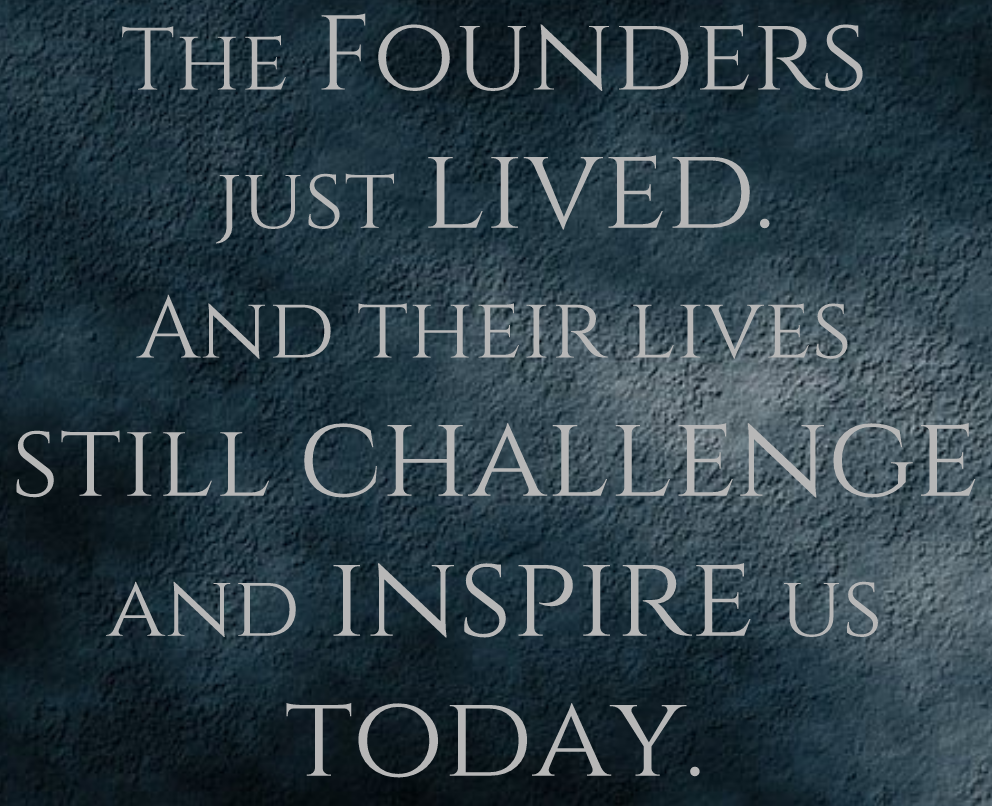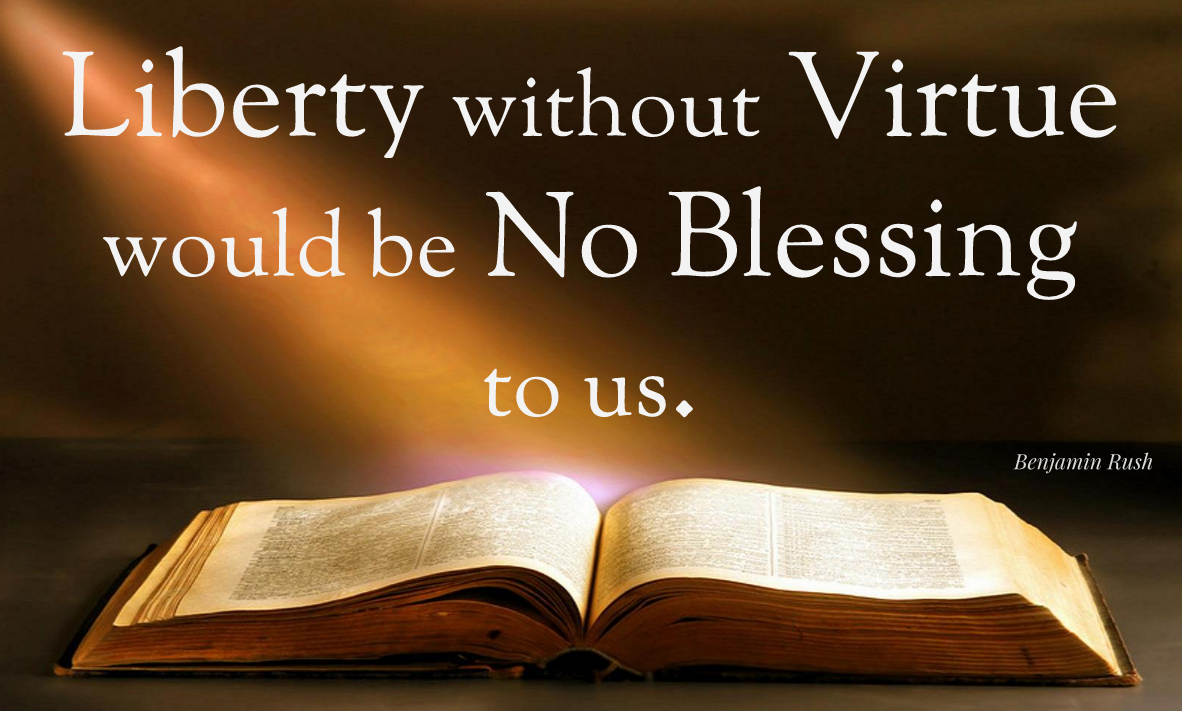Mark Cole
The signers of the Declaration of Independence were unquestionably some of the most accomplished and productive men of that era, indeed, of any era. Many of them were brilliant; all of them were courageous.
Jefferson, Adams and Franklin are household names – and rightly so.
But even some of the names who are not as well-known today were truly, truly great men. Suffice it to say that the signers were not men who spent a lot of time contemplating or questioning their lot in life, their position, their social standing, their legacies.
They just lived. And their lives still challenge and inspire us today.
One of the greatest of these great men was Dr. Benjamin Rush of Pennsylvania. A graduate of the College of New Jersey (later Princeton), Rush began studying medicine in Edinburgh in the 1760’s.
While there, he performed what would become one of the greatest services to the colonies imaginable: he recruited John Witherspoon to become the president of his alma mater. It would be impossible to exaggerate the significance of Witherspoon’s coming to America.
Rush could have stopped there, having alr eady rendered invaluable service to the colonies. But he went on to achieve great things himself. After completing his medical studies (and learning French, Spanish and Italian), Rush returned to Pennsylvania in 1769.
He quickly became an important figure in the practice of medicine in Philadelphia, published a chemistry textbook and penned patriotic essays which advanced the cause of American independence.
He was elected to the Continental Congress and in 1776 signed the Declaration of Independence…thus pledging his life, his fortune and his sacred honor.
During the war, he served briefly as a top medical officer in the Revolutionary army before returning to his Philadelphia medical practice. After the war, his productivity only increased: he served for fourteen years as treasurer of the U.S. mint, served as a delegate to the Pennsylvania convention which ratified the Constitution, founded Dickinson College, practiced at the Pennsylvania Hospital and was a professor of medicine at the University of Pennsylvania.
During his career he educated more than 3,000 medical students and at the urging of President Jefferson, he even prepped Lewis and Clark on medical issues prior to their famous expedition. He was an early opponent of slavery and a founder of the Philadelphia Bible Society. By the time he died in 1813, he was the most famous doctor in America.
Like so many of the signers of the Declaration and the founders of America, Rush was a true Renaissance man. Lovers of liberty everywhere are grateful that he was a steadfast supporter of American independence.
Check out Mark’s book:
Lives, Fortunes, Sacred Honor: The Men Who Signed the Declaration of Independence













